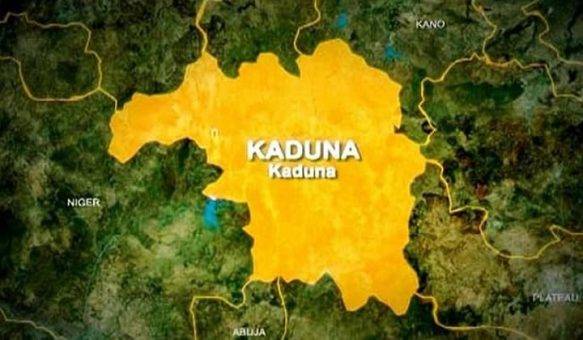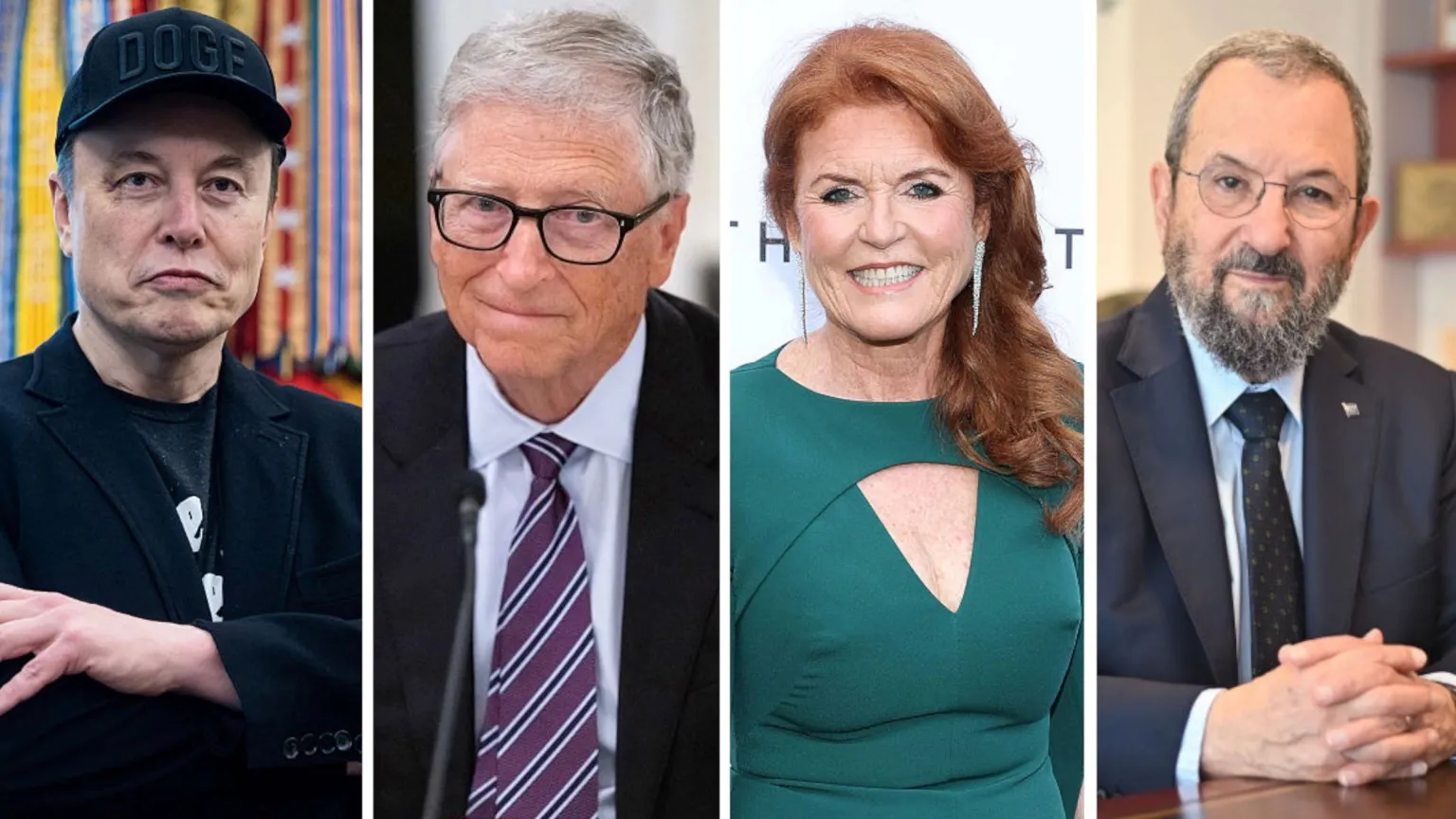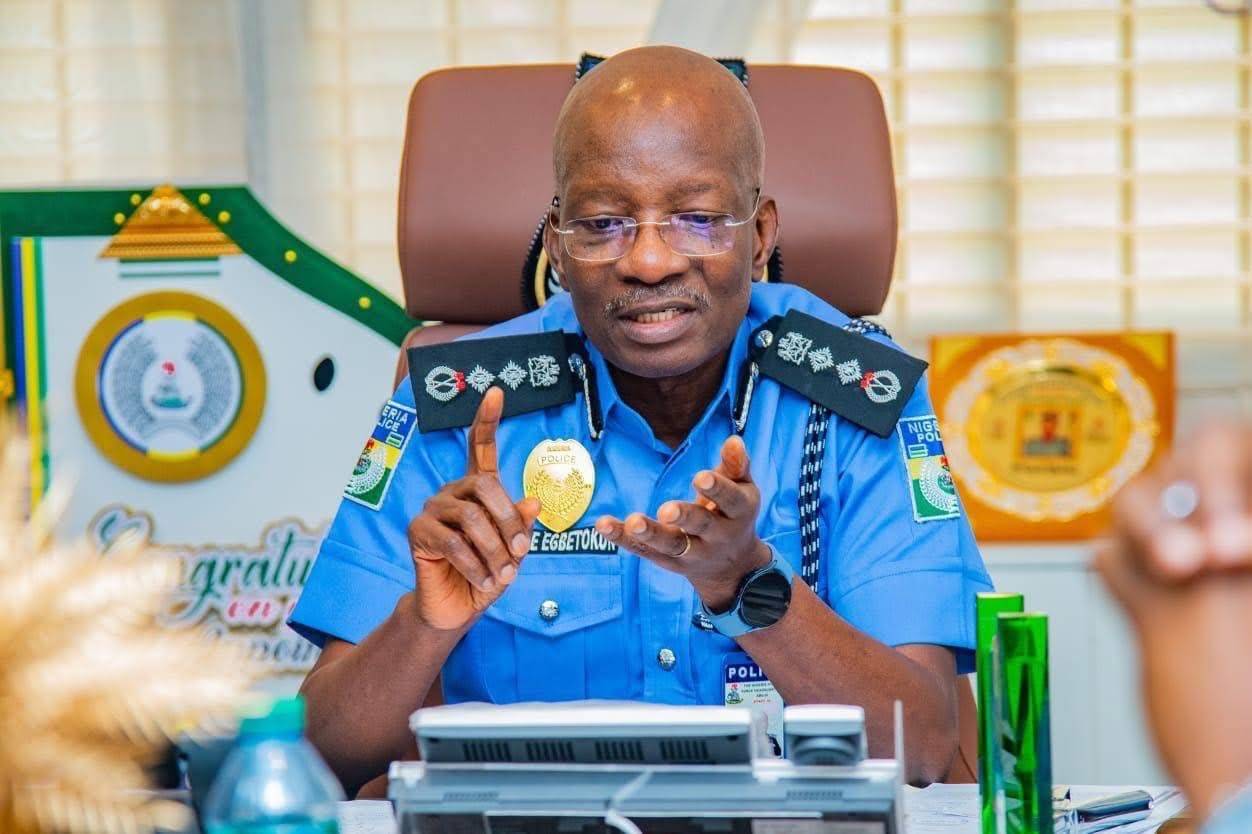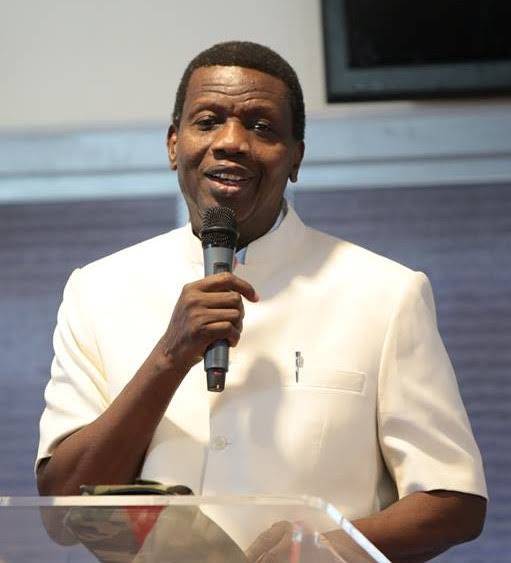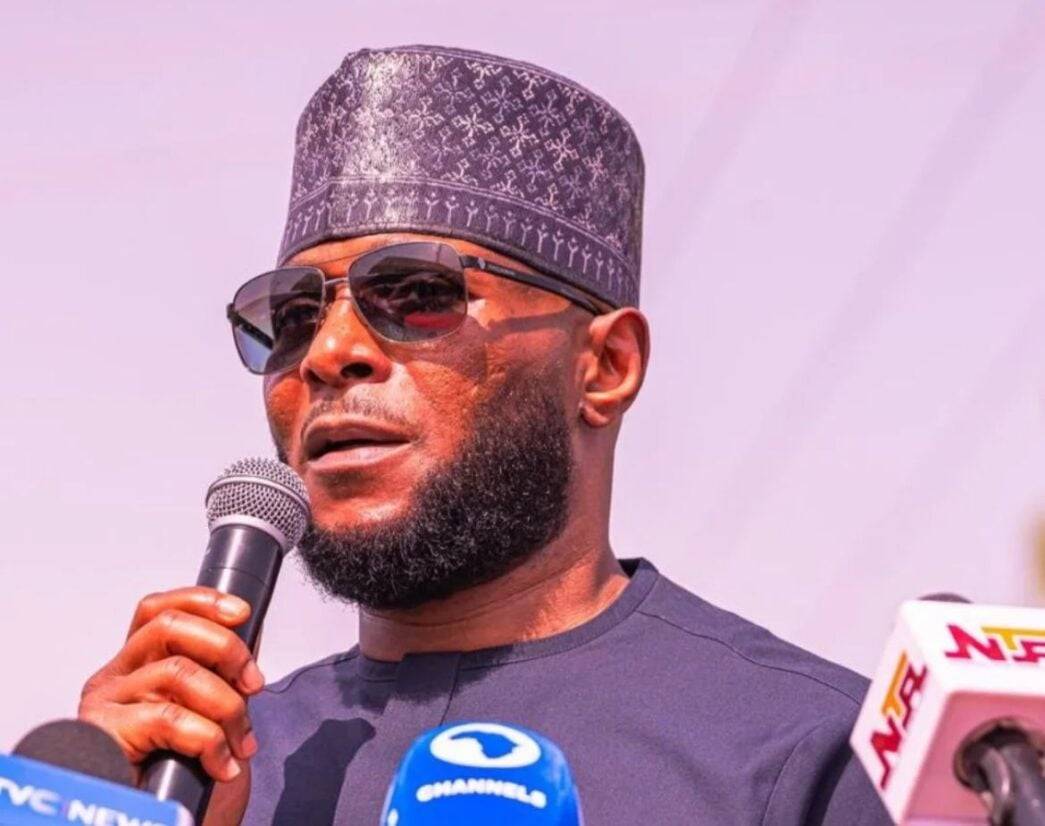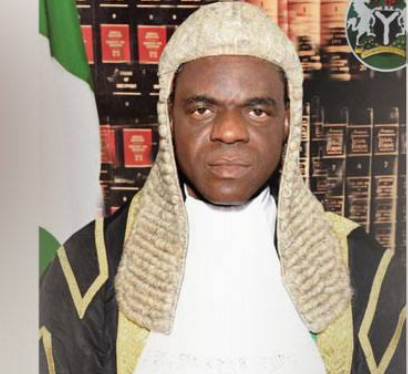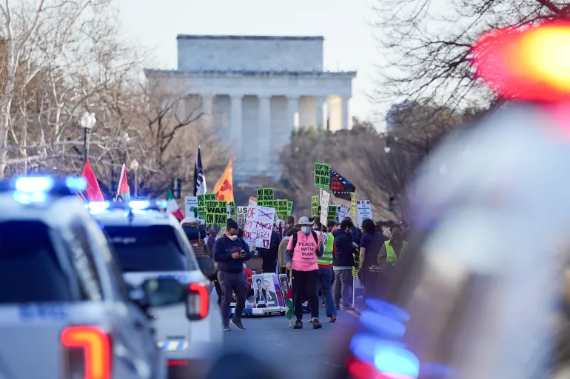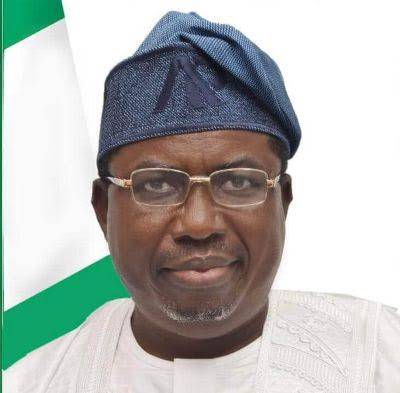Today, we see Kaduna State as the model of peace in a time of anxiety. We ask, how come one governor has been able to do it and others are grappling with it? is it because it has more money than others? No. Is it because the state was less battered than others? We cannot say so if we realise that in places like Giwa and Zango Kataf, it was blood and death. A cattle market that was abandoned for about a decade now carries lorries of cows daily to Lagos.
In a lecture at the Nigerian Institute of International Affairs (NIIA), Governor Uba Sani says he did not do it with guns alone. It was bottom-up approach. There is no rage without grievance or malice. Some of it may also be poverty. He sat with the locals. “One of the traditional rulers said the bandits were born under his eyes,” reported the governor.
With grassroots credibility as a human rights votary, Governor Sani mobilized without paying ransom to ransom the state from the clutches of the bad boys. If there is community consensus, it must be done with good faith. Good faith comes with development. Idleness fuels the problem. When the market was closed down and hundreds of schools were out of commission, the breeding ground thrived for recruits. Many devil’s workshops built on the devil’s workshop. A new industry of arms and the harm was born. He reopened over 500 schools that were in limbo.
To take these people out of worklessness, the market was encouraged to thrive and the biggest skills acquisition hub in Africa was established with three institutes of vocational and skills development at Rigachikun, Samaru Kataf and Soba, all in 2025 by President Tinubu.
It is here Gov. Sani speaks of “cooperative federalism,” demonstrating how state and the centre can lock hands to solve local challenges. He often stressed the work the National Security Adviser Nuhu Ribadu has done in this tie-up to drive the bandits away.
Again, we must stress that Kaduna is multi-ethnic and multi-religious, and we recall that southern Kaduna was a flashpoint for a long time. Now, it is a different story.
He says sometimes they have incidents of violence and most of them are on the borders.
Recently, the APC Chairman, Prof. Nentawe Yilwatda as well as Senate President Godswill Akpabio challenged the governors to turn the boon of allocations under President Tinubu for the people’s benefit.
Security is the first job of a leader. Other governors should pay a visit to Kaduna to borrow how it can be done. It shows that the problem is not in the centre but in the locals. When Simon Lalong was governor, he built a template for peace with the locals and he sustained it for most of his time as governor.
The difference with Kaduna is that Governor Sani has coupled local consensus with development projects like a flurry of infrastructure work, building new classrooms and giving jobs to many, and this has kept the young men busy.
NIIA Director General Professor Eghosa Osaghae was enamoured of the idea of cooperative federalism, and asked governors to think of localizing their peace initiatives. States like Katsina and Zamfara are neighbours and they can learn a thing or two about how to make violence history in their domains.
Many news reports took his lecture from the viewpoint of state police, but the governor explained that it is one part of the puzzle.


